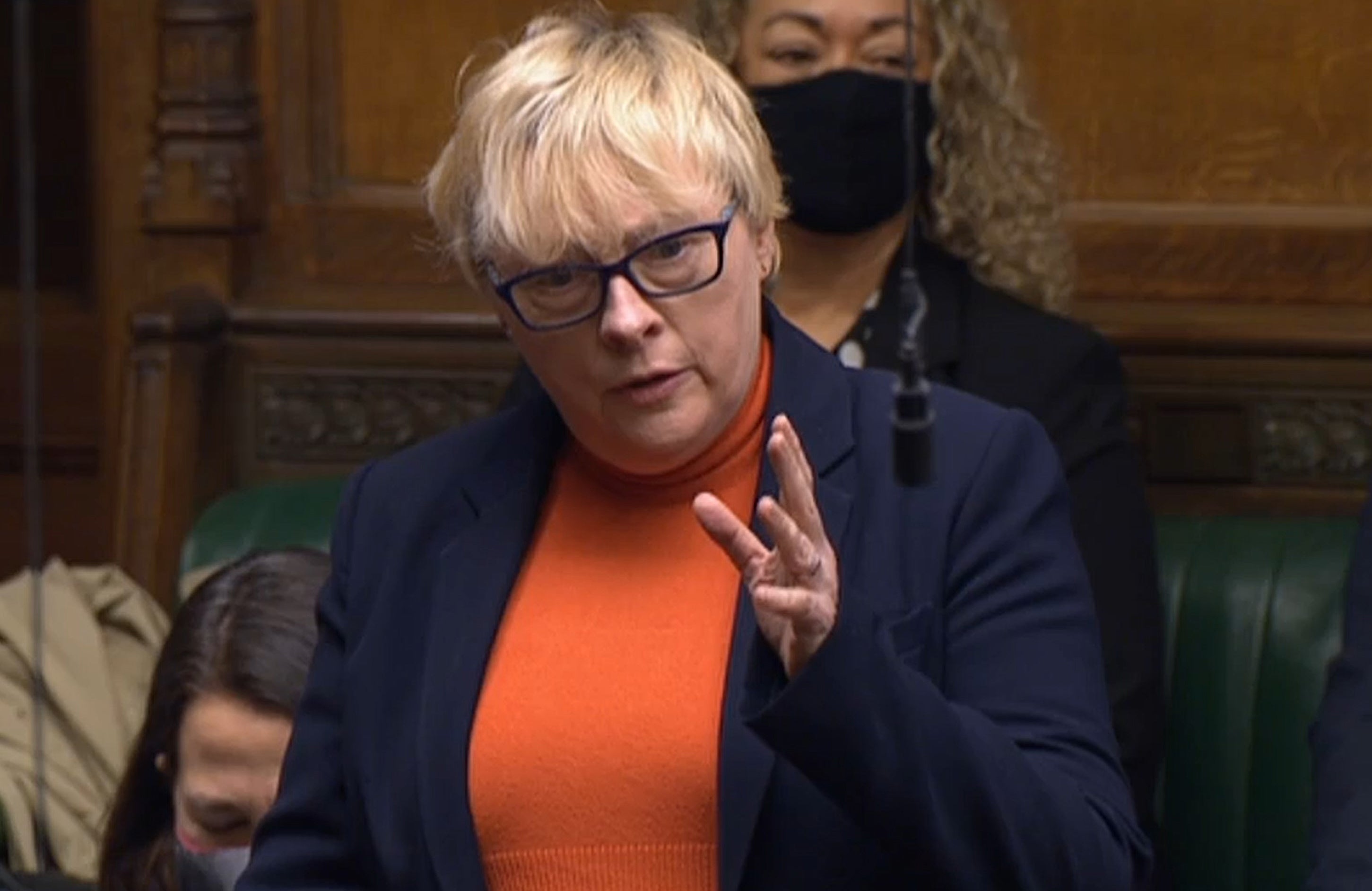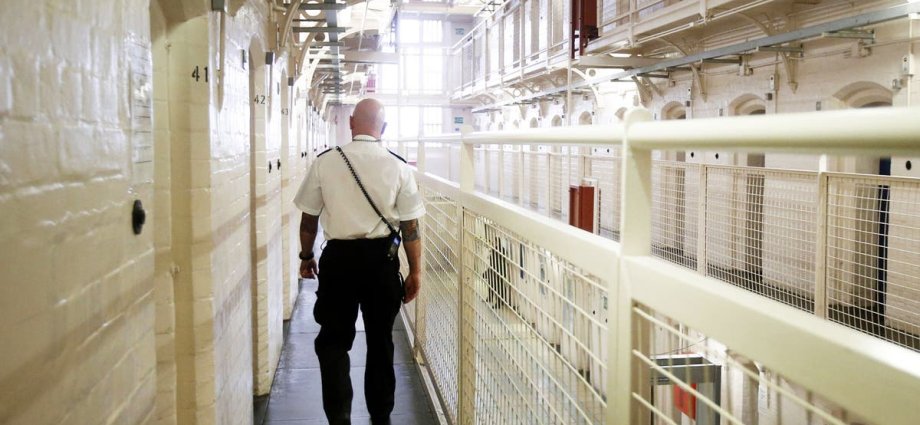The prison population in England and Wales has reached a new record high as a scheme to house UK prisoners in Estonia to solve Britain’s jail overcrowding crisis has been branded half-baked and unworkable.
Official figures showed there were 88,521 people behind bars on Friday, 171 more than the previous record set at the end of last week. The prison population has risen by 1,025 people over the past four weeks and now stands at its highest level since weekly population data was first published in 2011.
Dame Angela Eagle, the Home Office minister, refused to deny reports that some inmates could serve their sentences in the eastern European country, and admitted there were too few places in UK prisons.
“The last government closed loads of prison places and didn’t replace any of them, so I think that colleagues in the MoJ (Ministry of Justice) will be considering anything that they can to alleviate the problem,” she said on Friday. “What we cannot have is people who are convicted of perhaps violent or serious crimes not being able to be in jail.”

Pressure on the justice system has grown in the wake of racist riots across the country in August, with hundreds of people arrested and charged. A painter and decorator who helped fuel a fire outside a hotel housing hundreds of asylum seekers during rioting in Rotherham was jailed for nine years on Friday, the toughest sentence so far.
The new figures come just days before the government’s temporary early release scheme is due to come into effect on Tuesday. Since coming into office, justice secretary Shabana Mahmood has warned that overcrowding has pushed jails to the “point of collapse” and has been exploring ways of releasing pressure on the system.
The Daily Telegraph reported that Labour is considering sending criminals to Estonia and that Ms Mahmood met with her Estonian counterpart, Liisa Pakosta, to discuss the issue on the sidelines of a Council of Europe event in Vilnius, Lithuania on Thursday. The idea of sending criminals to the country was first floated by Alex Chalk, the former justice secretary, at the Conservative Party conference last year, but has been given short shrift by unions and prison experts.
Former chief inspector of prisons Nick Hardwick told The Independent: “It shows how desperate they are because of the prison overcrowding crisis and underlines I think that they are looking at every single option.
“I would be really surprised if the Estonia idea comes off because I can’t see how it could work for enough prisoners to have anything other than a very marginal impact on the overcrowding crisis … I’m not surprised they are looking at other alternatives but I would be surprised if they went ahead with this, I don’t think it will deliver what they want and it is not practical.
“The costs will be phenomenal. Today the prison population has gone up by 170 since last week, so if you’ve got 500 places from the Estonians, that would last four weeks, and then you’d be back where you started.
“And in more practical terms, what about visits? What would you do about trying to prepare people for their release back into the UK? What would you do about access to their lawyers? I think the practical difficulties would be enormous.”

Steve Gillan, general secretary at the Prison Officers Association, said that when the idea was first mooted by Mr Chalk it was derided by his union as “half-baked” and “unworkable”.
He added: “Labour have inherited a prison crisis that’s been brewing for years, but it’s a crackpot idea with no credibility. I do not think it will work.
“How do you decide the criteria for which prisoners to choose? Will any prisoners want to go? Will it be subject to legal challenge? Who will staff these prisons? How will family visits work? I have some sympathy with Labour over the issues they are facing but this idea is daft and half-baked.”
An MoJ source told The Independent that “all options on capacity are on the table” but that renting prison spaces from Estonia was “highly unlikely” due to the steep cost implications.
Tom Wheatley, head of prison governors’ union the PGA, said that if the plan was adopted there would be “a long lead in time” as it would require a treaty or deal and it would only free up a few hundred spaces in the UK so is “not a solution”.

He told The Independent: “It isn’t clear whether this will come to anything and the PGA have not been consulted on any plans, but it’s never going to be a game-changer that changes the structural problem of demand for prison places outstripping supply in England and Wales.”
Instead, he said: “A wider review of sentencing policy to address the ‘sentence inflation’ of the last 35 years is what is required to deal with the structural problem.
“What the PGA wants to see is a Prison Service that is properly resourced to manage the number of people being imprisoned, safely, securely and decently; not in overcrowded, squalid or dangerous conditions.”
A No 10 spokesperson said renting prison cells in Estonia had been the policy of the previous government and current ministers had made “no such plans or announcement with regard to Estonia”.
They added: “More broadly, we would always look at options that are practical and deliver value for money for the taxpayer.”











